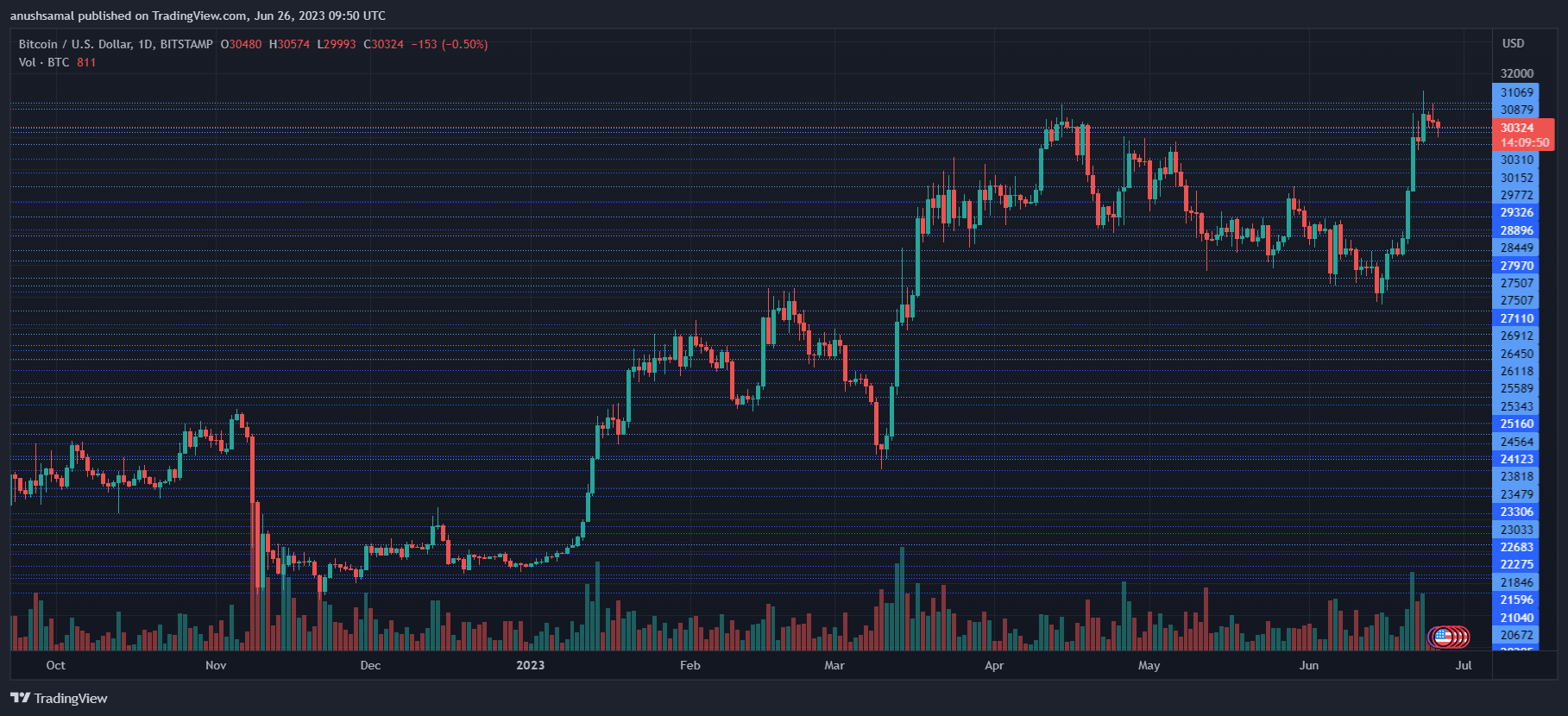The National Tax Agency of Japan released an updated version of its corporate tax guidelines, introducing significant changes to the crypto taxation rules for digital token issuers. This revision focuses explicitly on eliminating taxes on unrealized gains derived from crypto assets issued by companies. And the tax exemption is set to take effect nearly six months later.
Since August of the previous year, legislators in Japan have engaged in discussions regarding new tax regulations for digital assets. These discussions were part of a wider tax reform agenda for 2023. However, only this week did the tax authority finally approve the new crypto tax rules.
Related Reading: Terra Classic ‘True Revival’ Unfolds As Six Samurai Team Emerges – Details
These revised tax guidelines will see Japanese fintech firms that issue tokens granted an exemption from the fixed 30% corporate tax rate applied to their token holdings. This tax exemption serves as a significant benefit for these companies, as they will not be required to pay corporate taxes on the specific tokens they hold.
Japan Implements Tax Relief Measures For Corporate Crypto Transactions
Under the existing Japanese law, companies holding crypto assets are subject to taxation on unrealized gains at the end of each tax period. This rule has been criticized for imposing a significant burden on digital asset companies and impeding blockchain innovation.
As a result, numerous entities in the crypto industry have opted to relocate overseas, seeking more favorable tax environments.
The perceived drawbacks of the current tax rule have sparked discussions on the need for regulatory reforms that can foster growth, encourage innovation, and retain crypto-related businesses within Japan.
According to the report, to qualify for the newly introduced tax exemption, a company must fulfill certain conditions. Firstly, the company must be the issuer of the cryptocurrency in question.
Additionally, it must maintain continuous ownership of the crypto asset after its issuance while the asset is subject to transfer restrictions.
The ruling Liberal Democratic Party in Japan also anticipates implementing measures to simplify and facilitate business activities involving token issuance. By creating a more conducive environment for companies engaged in tokenization, the party aims to encourage broader adoption and utilization of tokens in various sectors.
Recent Changes In Japan’s Crypto Industry
The digital asset industry in Japan is experiencing essential developments. Starting from June 1, the country has implemented stricter Anti-Money Laundering (AML) measures to track cryptocurrency transactions.
This step is taken to bring Japan’s legal framework in line with global cryptocurrency regulations. In December, lawmakers made revisions to the AML legislation following its inadequacy according to the Financial Action Task Force.
Furthermore, in June of the previous year, the government passed a law that prohibits non-banking institutions from issuing stablecoins. This decision aimed to regulate the issuance of stablecoins and ensure stability in the market.
Japan currently holds the distinction of being one of the earliest adopters to fully legalize and regulate cryptocurrencies. This proactive approach has made Japan a sought-after destination for businesses operating within the industry.

